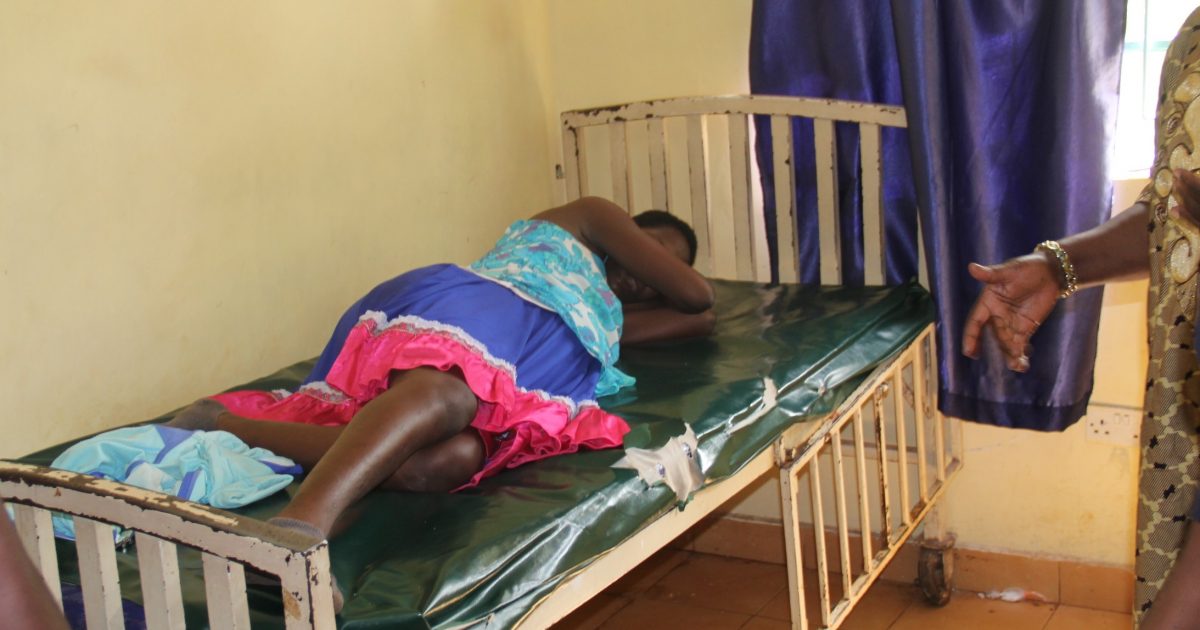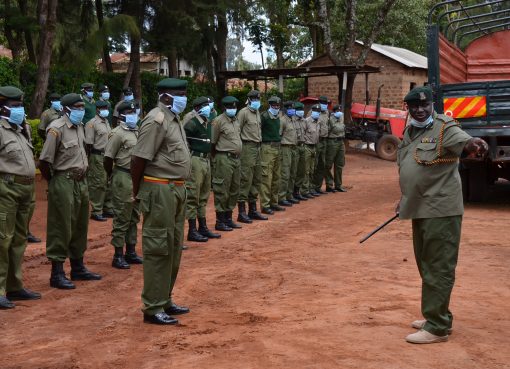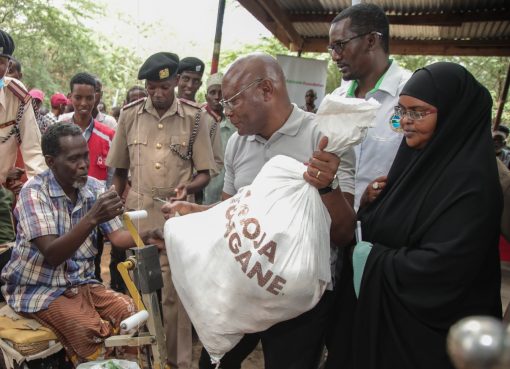The Department of Health in Homa Bay has organized a free fistula camp for mothers aimed at providing screening services against Female Genital Fistula (FGF).
The screening is part of the county’s initiative to provide preventive measures against FGF geared towards reducing the number of fistula cases through the identification of patients and provision of surgery solution afterwards.
A Gynecologist at Homa Bay County Referral Hospital Dr. Oduor Vincent who is also the Clinical Head, reiterated that the fistula camp aimed to give mothers the help they need by identifying the possibility of developing the disease and treating those afflicted by it.
“Mothers with fistula have always been ostracized in the community and this makes them feel neglected and at times they go into depression. This is why we are organizing a fistula camp to help them,” he said.
Oduor was speaking Friday in Homa Bay town after a three-days training of health care workers who will be handling the screening and surgeries. He said screening will be done from next week while surgeries will be performed on mothers who have fistula from October 20, for five days.
He said there are 3000 new fistula cases annually with two to three cases in every 1000 deliveries in Kenya, he said: “It is still quite a huge number and we need to lower it right before labor.”
FGF develops in women as a result of prolonged labor. Patients with fistula find themselves leaking urine and stool, a situation that forces them to always wear sanitary towels.
The gynecologist said timely prevention will help mothers who are likely to have obstructed labor be handled properly at the right time to avoid developing the disease.
“We should start early preparations after identifying mothers with high chances of developing fistula,” he said.
Oduor further advised women to avoid giving birth at home and instead go to a health facility especially one with a theater so that they can be taken care of in case of any problem that may arise during labor.
“If there is an obstructed labor we can give them a urethral catheter as a preventive measure which they stay with for up to two weeks to reduce chances of fistula development,” he added.
He urged mothers in the county to present themselves on the stated dates at any sub county hospital to be screened for any underlying issues that may predispose them to fistula.
Similarly, he called on those suffering from the disease not to be left out from the exercise as they too will be screened and treated through surgery.
By Sitna Omar





